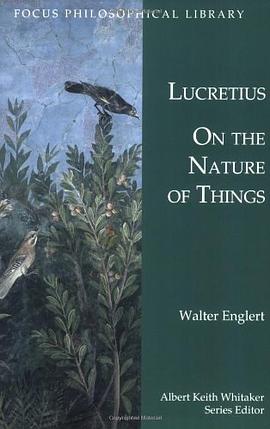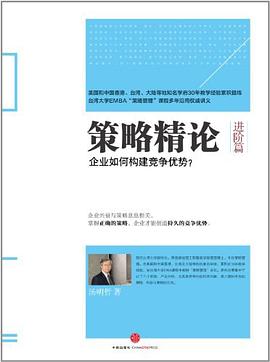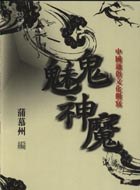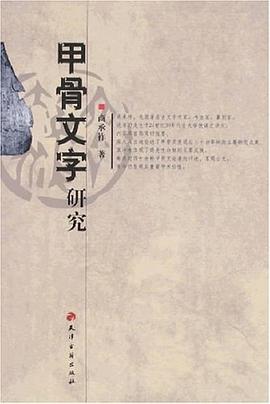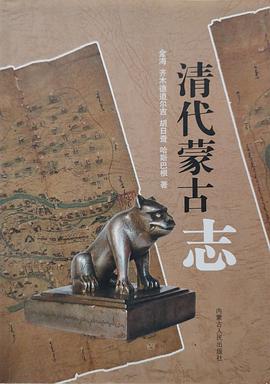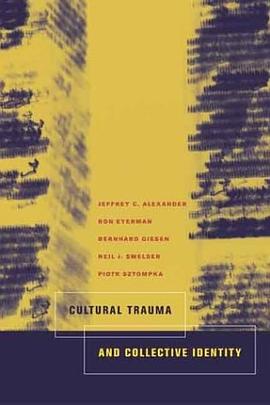Lucretius:On the Nature of Things
内容简介
With the passion of a true poet, Titus Lucretius Carus (ca. 99-55 B.C.E.) expounds the most coherent and eloquent system of materialism surviving from the ancient world. Developing the atomic theory of his master, Epicurus, Lucretius discusses the motion of atoms, natural phenomena, sensation, free will, and the soul's relation to the body. Most importantly, Lucretius sees his teaching as a bulwark against religious fears and prejudices. Since death is final, humankind need not fear everlasting torture and punishment.
......(更多)
作者简介
Walter Englert is the Omar and Althea Hoskins Professor of Classical Studies at Reed College in Oregon. He earned his PhD at Stanford University, and has published on aspects of Epicureanism, Stoicism and Roman Philosophy.
......(更多)
目录
......(更多)
读书文摘
万物皆有死, 柔软的东西因躯体柔软而不免于死, 易碎的东西因结构易碎而不免于死; 中空的东西则由于身体多孔而必死……
......(更多)
